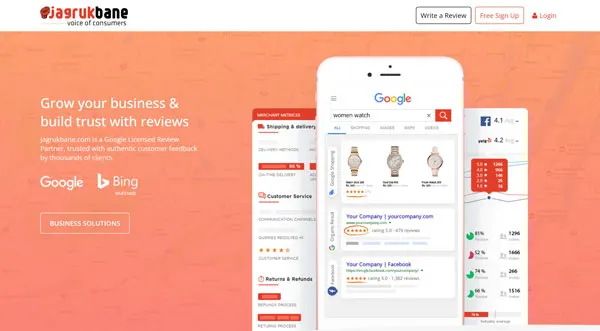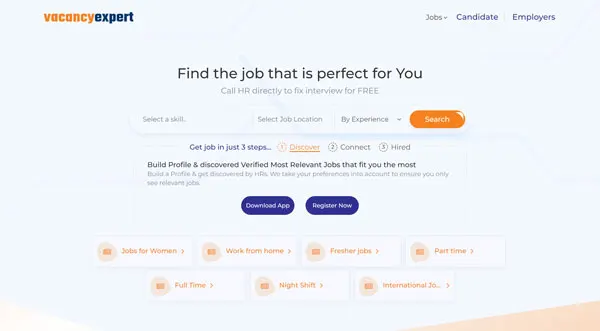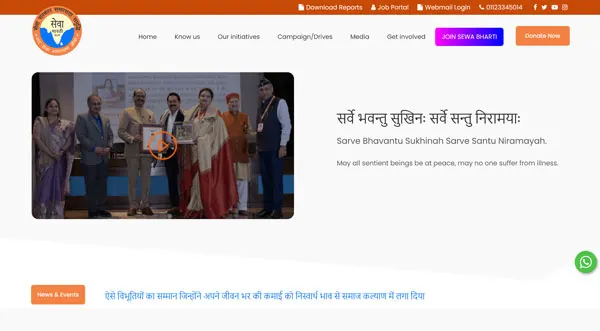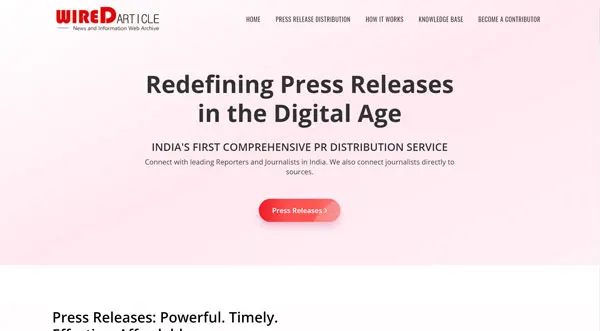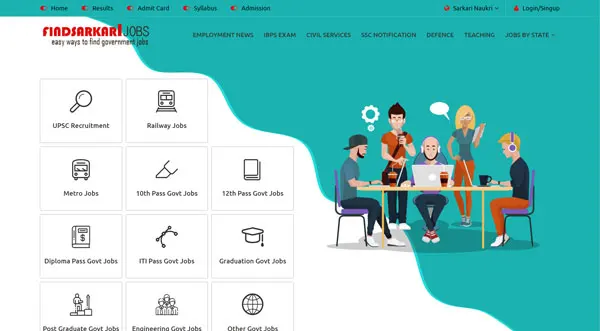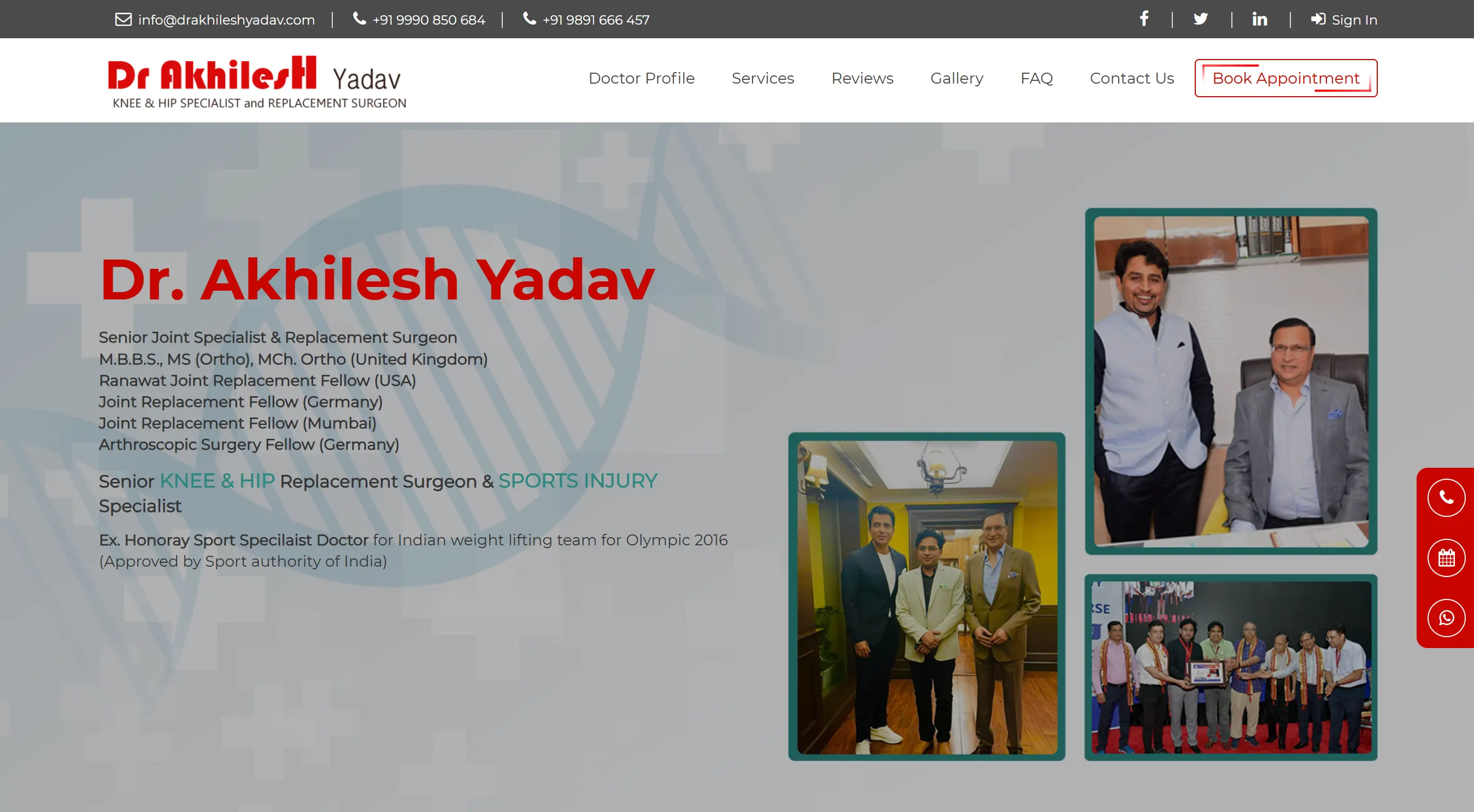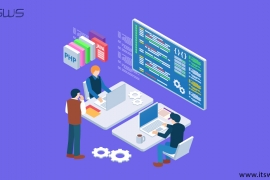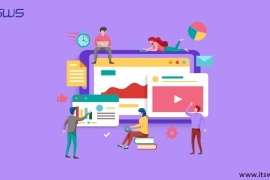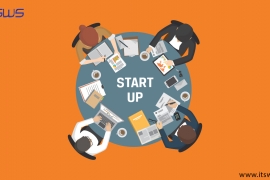Accounting Software for Supermarkets and Grocery Shop
When it comes to accounting software for supermarkets and grocery shops, it is important to choose a solution that can handle the specific accounting needs of the retail industry.
Grocery Store Billing Software
Grocery store billing software is designed specifically to streamline the billing and checkout process in a grocery store. It helps automate and simplify tasks related to product scanning, pricing, payment processing, and generating receipts.
ERP Management Software for Supermarket Chains
When it comes to ERP management software for supermarket chains, there are a few notable options to consider. These solutions are designed to handle the specific needs and complexities of managing multiple supermarket locations.
Custom Retail ERP Software Solutions
Custom retail ERP software solutions are tailored to meet the specific needs and requirements of a retail business, including supermarkets and grocery chains.
POS and ERP software for supermarkets and grocery chains
Supermarkets and Grocery chains POS (Point of Sale) and ERP (Enterprise Resource Planning) software is help manage inventory, sales, customer data, and other aspects of running a retail business. Additionally, we propose a reporting segment in our software with a pre-configured reporting template, mobile reporting app, and power reports & dashboards. Our software has accounting & financial management solutions with simple & configurable accounting modules, bills receivables or payables, journal entries, cash or bank vouchers, and others.
Powerful Supermarket Billing Software to Automate your Supermarket Store
Cloud-based retail ERP software solutions within an affordable amount in India. Therefore, our software benefits the supermarket & grocery stores industry with the optimum inventory. It allows the right stock purchase at the right time based on customer needs to avoid stock-out and overstocking. Moreover, integrated CRM builds everlasting customer relationships through customised campaigns with CRM and loyalty integration. Our ERP software has strategic sales, mobile billing, purchase management, flexible payment modes, insightful reports, and omnichannel availability. Further, our retail ERP software has various options to manage across all your selling platforms. It has auto purchase management, hybrid POS, multiple billing counters, user accounts & permissions, multiple payment modes, bulk product imports, and fast checkout. Similarly, our cloud-based grocery ERP software has stock transfers, in-store & online orders, WhatsApp integration, card & UPI integration, discounts & offers, multi-outlet centralisation and various other features.
Supermarket Management System To Minimize Efforts and Maximize Profits
A supermarket management system is essential for minimizing efforts and maximizing profits in a supermarket. It helps streamline operations, improve efficiency, and enhance overall profitability.
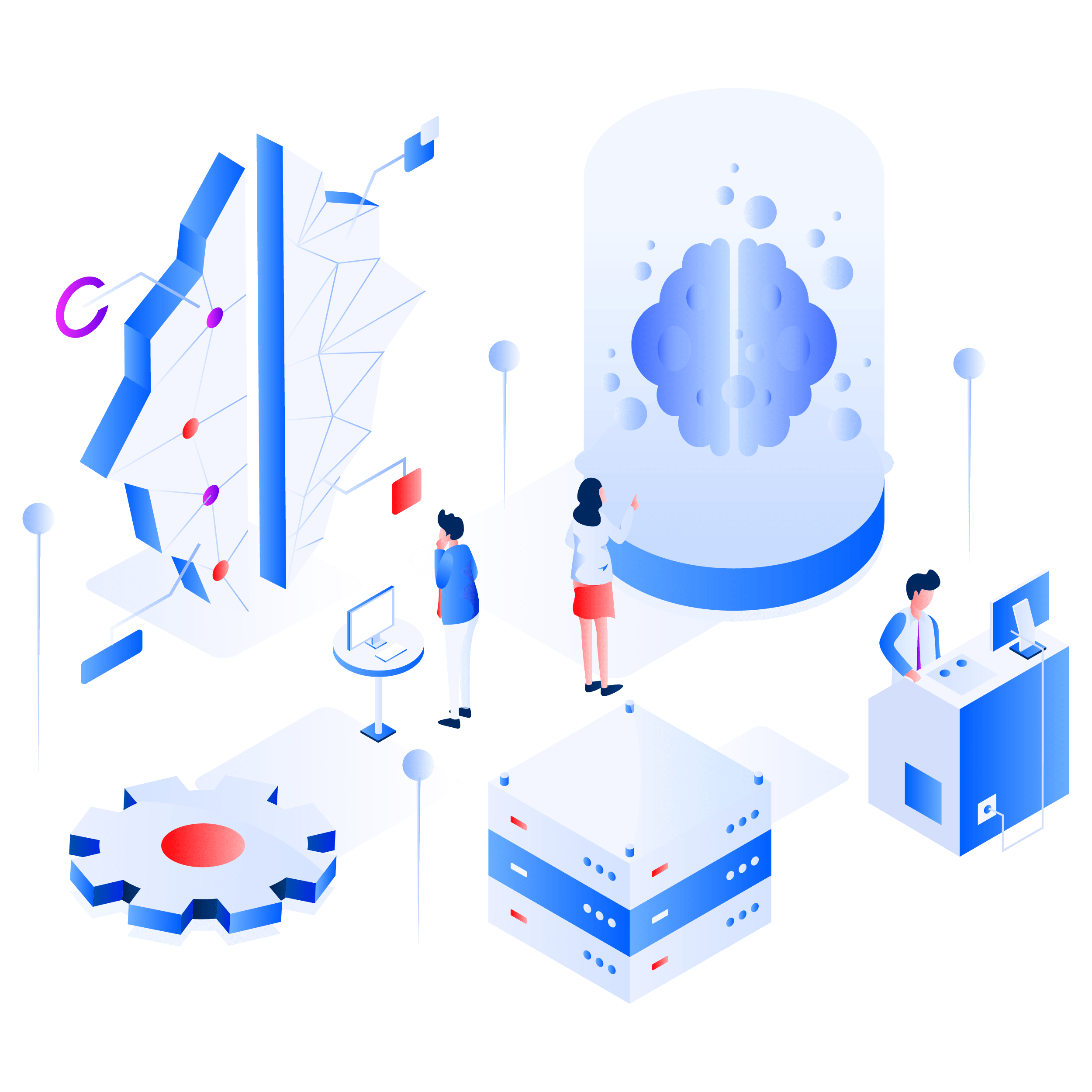


Why Choose ITSWS Technologies for ERP Software for Supermarket and Grocery Stores
Here are some reasons why you can put your complete faith in ITSWS Technologies when it comes to your ERP Software for Supermarket and Grocery Stores needs.
550+
Projects Deliver
50+
Skilled Professionals
350+
Satisfied Clients Worldwide
10+
Years of Experiences
96%
Repeat Business
32+
Customized product
ITSWS charter is to make IT think, talk and perform like a business.

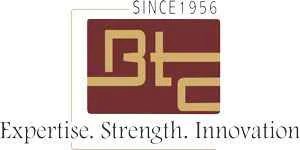



























Clients Testimonials
Excellent work was done by the ITSWS Team
Excellent work was done by the ITSWS team. The team's approach was professional and the delivery was on time while getting the issues fixed within the budget. Thank you, guys!

Dr. Akhilesh Yadav, Senior Knee & Hip Specialist and Replacement Surgeon
The Centre for Knee & Hip CareThe right decisions
The ITSWS Technologies team goes above and beyond to ensure that our needs are met my requirement, and they are always willing to spend the extra time to make sure that we understand everything and that we are making the right decisions.

Omkar Arya, Managing Director
Fastep Multitrade PVT. LTD.Trustworthy and affordable team
Despite several complexities during the initial phase of the project, The team at ITSWS was always very accommodating to our requests and active in their replies. They were flexible and took initiative to suggest better designs for us and felt part of our team. Our website is finally something we can be proud of, thanks to ITSWS!

Roy, Founder & Managing Director
Roys Fashion Limited, BangkokAffordable and Reliable team
Digital agencies need to hand off the implementation of services to remain competitive. ITSWS has a reliable implementation team you can trust and afford.

Avinash Kumar, Director
CMYCK Ltd, LondonOutstanding professionals
Their SEO experts have helped our business generate a high amount of organic traffic & ROI from our primary focus keywords along with the consistent rankings on page one of Google. I surely recommend these outstanding professionals.

Ursula Teubert, Advisory Board Member
Endurance Management Consultancy,DubaiPixel perfect website development
I have been involved in a lot of different websites development projects over the years, but I have never had an experience quite like this. The team was amazing - both in terms of their ability/skills and their communication. A time, on spec website development project, is almost unheard of - but ITSWS pulled it off! I couldn't be happier and will definitely use them again in the future!

Vikas Gupta, Partner
Aswaar Consulting DMCC, DubaiUnwavering commitment to timelines
Itsws Technologies is the best web development organization, developing my website very professional and attractive. The development is really very professional and dedicated, they never left any point during developing the website. Thanks to ITSWS team, our site make a good position in the google search, without the professional and dedicated team it was not possible. They are the great guys to develop the best website.
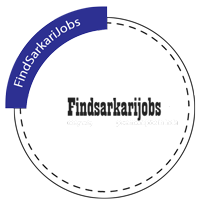
Mr. Shyam Chandra Pandey, CEO & Co-Founder
Gangotrishakti Food Care Pvt. Ltd.Android Mobile Apps
To provide best software solution with on-demand service, we have taken services from ITSWS Technologies about our company online mobile application. The organization is the best with their commitment and excellent team. They are always willing to go the extra mile, never compromise on quality work, and patiently guide and educate every user. They are providing support properly any time. We are really happy with them
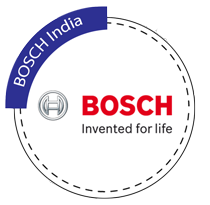
Mr. Shan Dhingra, Head of Business Development
Bosch IndiaA design that is personalized, warm and easy to browse
Our online business portal designed and developed by ITSWS Technologies, they provide me best look site with responsive support. We at, Agrawal Packers Movers avail the website various service from ITSWS, with excellent team response and support. They are excellent and always willing to go the extra mile support, never compromise on quality, and patiently guide and educate every user. Great support by the organization...
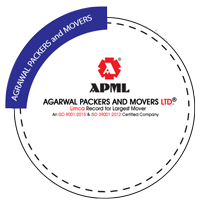
Mr. Ram Kumar, Digital Strategist
Agarwal Packers & Movers LtdExtremely Professional Work
We are very happy with the design and layout of our website. ITSWS worked with us for over 2 months on our website...

Mr. Rishi Pal Singh Tomar, MCA Director
IPEM Group of InstitutionsLatest ERP Software for Supermarket and Grocery Stores Articles
ERP Software for Supermarket and Grocery Stores, Insights and up-to-date knowledge from us, to you.
Our comprehensive range of web development services is designed to meet the unique needs of each client, ensuring a strong and impactful online presence. ITSWS Technologies is dedicated to helping businesses in Singapore establish a strong and impactful online presence through our comprehensive web development services.
Implementing a CRM system offers numerous benefits for businesses of all sizes and industries. Improving customer relationships and enhancing efficiency to drive sales and marketing effectiveness, a CRM system is a valuable investment that can significantly impact business success. With the power of CRM, you can streamline operations, gain deeper insights into your customers, and build stronger, more profitable relationships.
A well-developed website serves as the cornerstone of your online presence, helping you attract and engage customers, showcase your products and services, and drive business growth. ITSWS Technologies offers comprehensive web development solutions tailored to meet the unique needs of your business.
Your business goal will promote your business and create more traffic with help of social sites. The business owners are a focus on creating best board images, event highlight, contents and other information on the site.
The business website should be professional, creative, proper design and user- friendly will help to create a community according to the business goal.
Android is an open-source Linux-based operating system planned mainly for smart phones. It is maintain as an open source scheme by Google. This open spring code and licensing allow the developers and machine manufacturers to adjust the software according to their needs.
We'd love to talk with you
Congratulations! You have landed safely on the land of ITSWS Technologies.
Trust, it's a 'beginning of Long Term Relationship with ITSWS Technologies '. Let's work, enjoy and succeed together 
if you are looking for:

Web Development Solutions within agreed timelines.

Result Driven Brand Building Digitally

Customized e-commerce solutions. The exceptional

Drive Right Leads from the Right Audience
100% Guaranteed SEO Results

60 minutes support post project delivery.









